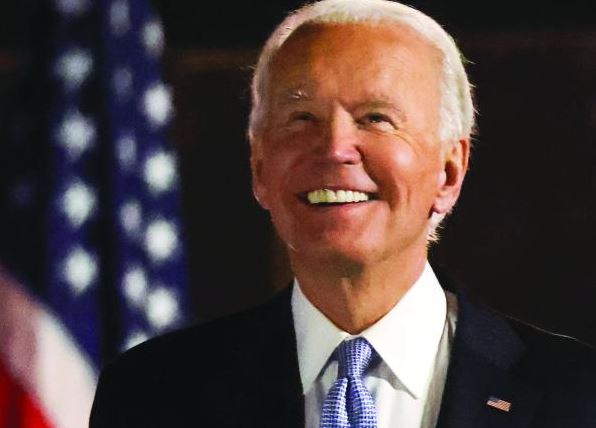×
The Standard e-Paper
Home To Bold Columnists

The US is a deeply divided country. It is divided more than it was during the Civil War in the 1860s. Its domestic and international relations alternate between two contradictions which often play out during elections.